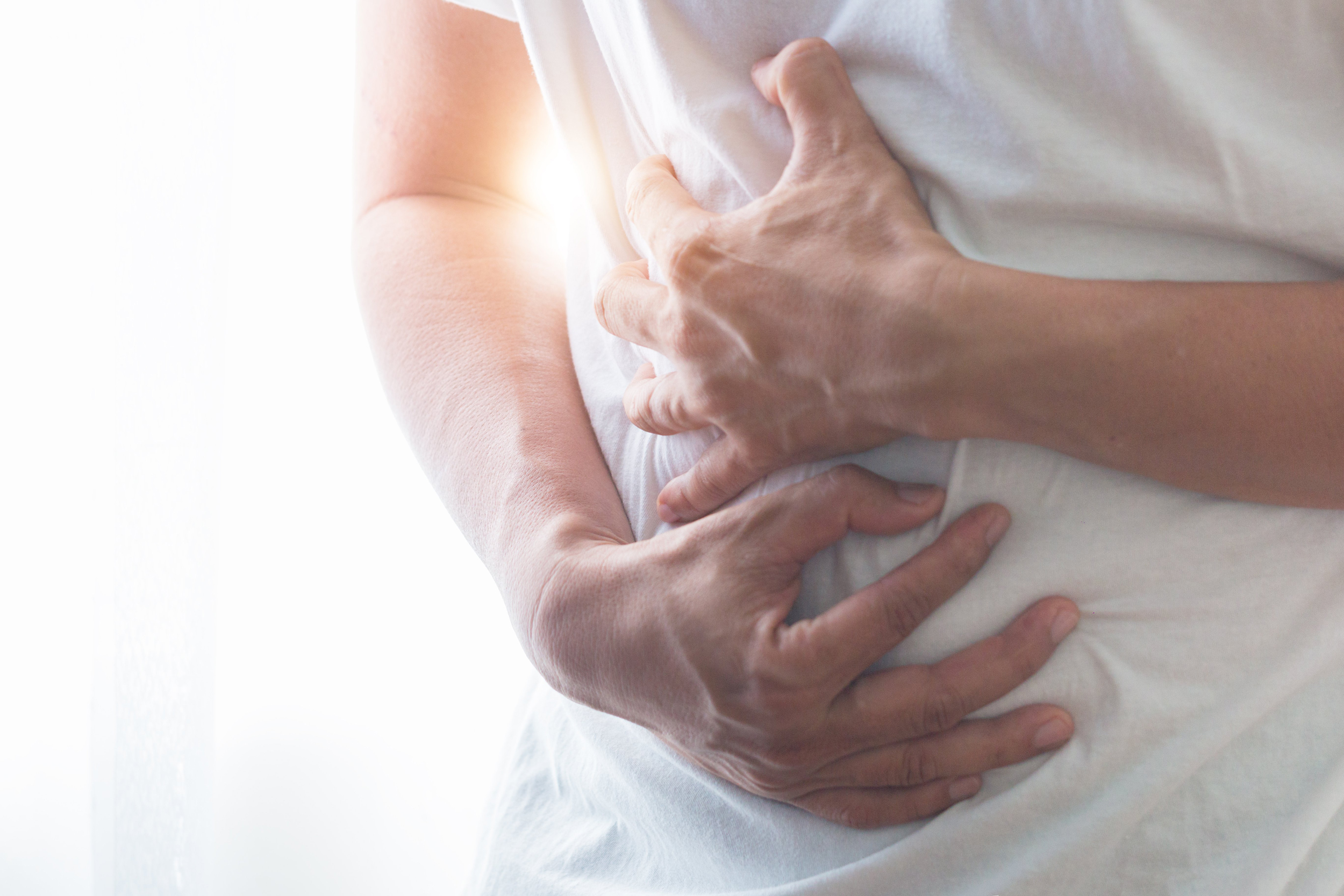The disorder known as appendicitis causes the appendix to swell, evolve inflamed, and fill with pus. The appendix is a tiny finger-shaped organ that connects to the big intestine and is on the right side of the abdomen. Here are the appendicitis symptoms.
- If you have appendicitis, the bottom right portion of your abdomen hurts. For the patients, the discomfort begins close to the navel and spreads.
- Appendicitis pain often intensifies and finally becomes unbearable as the inflammation develops.
- Appendicitis can affect anyone, most frequently affecting adults between the ages of 10 and 30. The appendix is typically removed surgically as treatment.
The most common cause of appendicitis is a blockage within the appendix that leads to issues with blood flow, inflammation, infection, and pressure. Appendicitis symptoms An abdominal discomfort that comes and goes is usually the first sign of the condition.
- Within hours, the lower right side, where the appendix usually is, begins to experience continual, intense agony.
- Walking, coughing, or applying pressure to this area may exacerbate the pain.
- You could have nausea, appetite, constipation, or diarrhoea.
Several appendicitis symptoms that you might not be aware of include:
The area around the belly button hurts: Lower right side abdominal pain is the most frequent type of pain. However, the pain typically begins around the belly button and then quickly spreads to the right side of the abdomen.

How to treat appendicitis
An appendix will probably be removed as soon as possible if you develop appendicitis.
The surgical removal of the appendix is also known as an appendectomy or appendicectomy. It is one of the most frequent procedures in the UK. And it has a high success rate.
The most prevalent method of treatment is keyhole surgery (laparoscopy). However, it may be necessary to refrain from heavy activities for up to 6 weeks following open surgery.
Why does appendicitis occur?
The exact cause of appendicitis is unknown. In several situations, anything the appendix’s entrance is. For instance, a small piece of poop could block it, or an upper respiratory illness could enlarge the lymph node inside the intestinal wall.
The obstruction may result in edema and inflammation, which could raise the pressure inside the appendix and eventually cause it to burst. There is no surefire technique to avoid appendicitis because its causes are not fully understood.
When to seek medical attention
Contact your local after-hours service or a doctor once if you are experiencing stomach discomfort that is progressively getting worse.











